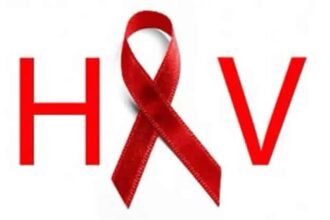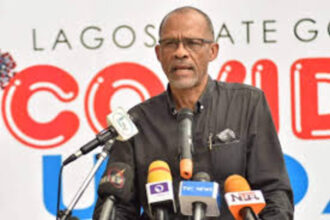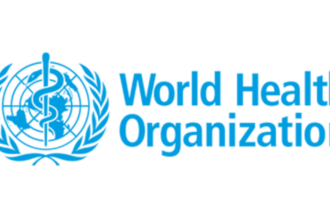The World Health Organisation (WHO) says immunisation efforts were hampered by disparities, violence, false information, and financial shortages, resulting in 14.5 million children globally—including approximately three million in the Eastern Mediterranean Region—not receiving any routine vaccination doses in 2023.
WHO, in a release to mark the World Immunization Week 2025, said despite vaccines saving six lives a minute, every day, for 5 decades, the disparity in immunisation rates, particularly between wealthy and low-income nations and in conflict zones, remains a significant barrier to global health.
The UN body declared that vaccines are one of humanity’s greatest achievements, and they have accounted for 40 percent of the improvement in infant survival over the last half century, enabling more children than ever before to celebrate their first birthday.
WHO Regional Director for the Eastern Mediterranean Dr Hanan Balkhy, stated millions of vulnerable children in the Eastern Mediterranean Region are being deprived of protection against diseases like diphtheria, polio, measles and tetanus.
Dr Balkhy added: “Conflict, displacement, vaccine hesitancy and funding shortfalls are disrupting health care services. In 2024, declining vaccination rates brought polio back to Gaza for the first time in 25 years. Every child has the right to be protected, no matter who they are or where they live.”
She also noted that vaccinating all children through routine and supplementary immunisation efforts is crucial to stopping wild poliovirus, which remains endemic in Afghanistan and Pakistan, and to preventing further outbreaks of variant poliovirus.
According to her, the strategic framework for the implementation of the Immunisation Agenda 2030 in the Eastern Mediterranean Region, launched in October 2024 during the 71st session of the WHO Regional Committee for the Eastern Mediterranean, will provide a roadmap for achieving the goals of the Immunisation Agenda 2030 through a tailored approach to the specific context of each country in the region.
Dr Balkhy emphasised the urgency of the situation, calling on governments to prioritise immunisation investments and promote regional solidarity to close gaps.
Read Also: JAMB expresses readiness for 2025 UTME
By investing in immunization, governments can prevent devastating outbreaks and reduce the long-term burden on health care systems and economies. According to studies by WHO, every dollar invested in vaccines generates a return of up to US$ 44 in economic benefits.
World Immunization Week 2025, observed from 24 to 30 April, brings together the global health community to highlight the lifesaving power of vaccines and call for renewed commitment to immunization for all.
Under the banner Immunization for All is Humanly Possible, this year’s campaign stresses how, with collective efforts and investment, everyone can be protected from vaccine-preventable diseases.








